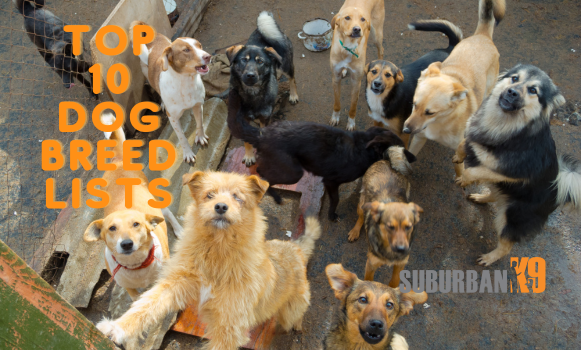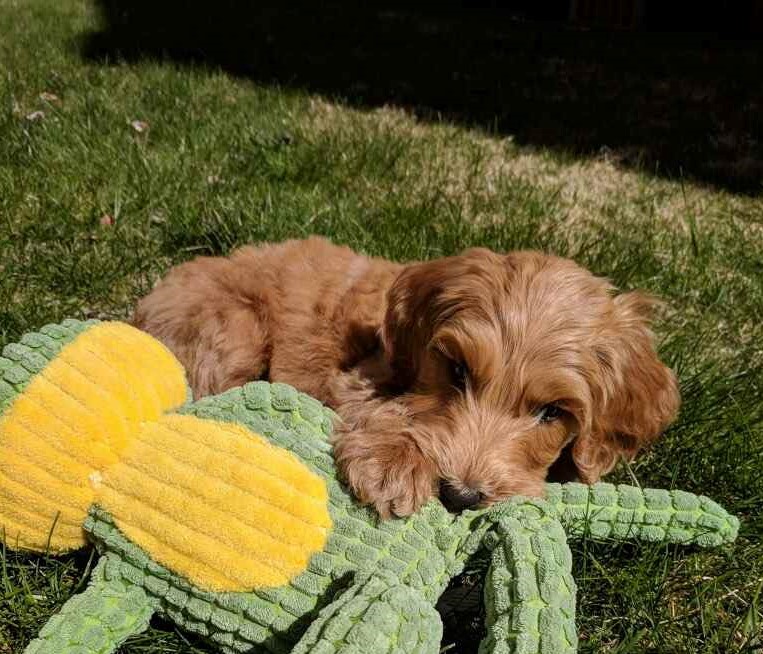History: The history of the Chihuahua breed is vague. Some believe that this breed is a descendant of a small dog called the Techichi while others believe they may be ancestors of dogs introduced by Spanish or Chinese explorers. Regardless of which breed the descended from, the dog we know today was discovered in Mexico in the 1850’s. The breed was first shown in the United States in 1890 and the Chihuahua became more popular in the 1930’s and 1940’s. They have since become one of the most prominent breeds registered by the American Kennel Club.
Temperament: The Chihuahua is a bold and confident breed despite their small size. They are alert and suspicious when it comes to strangers and having your Chihuahua well socialized from a young age will help to ensure they are comfortable meeting new people of all ages. This breed tends to be sensitive and craves attention and companionship and often bond more to a single person. Chihuahuas can be stand-offish with other dogs so along with socializing with people, they should be encountering other dogs from a young age as well. This breed has a moderate energy level and adjusts well to apartment life, which makes there small size popular for city living owners. The Chihuahua needs an owner willing to properly socialize and train their dog from a young age. Teaching them basic obedience and going for a daily walk will help to ensure they are a well-rounded dog for you and your family.
Health/Grooming: The Chihuahua breed has two different coat types. The Smooth-coated Chihuahua has a shiny smooth coat while the Long-coated Chihuahua has a soft and flat or curly coat. This breed is low maintenance when it comes to grooming and only needs bushed a few minutes per week to keep their coat looking its best. The shed moderately year round but may have a heavier period of shedding during the spring and fall. The Long-coated Chihuahua may lose more clumps of hair because of their undercoat but regular brushing will help control the shedding. The Chihuahua may be more prone to health issues such as collapsed trachea, hypoglycemia, patellar luxation, and heart murmurs. Make sure to see patella evaluation, cardiac exam, and ophthalmologist evaluation clearances from your breeder to ensure they have tested for these issues.



